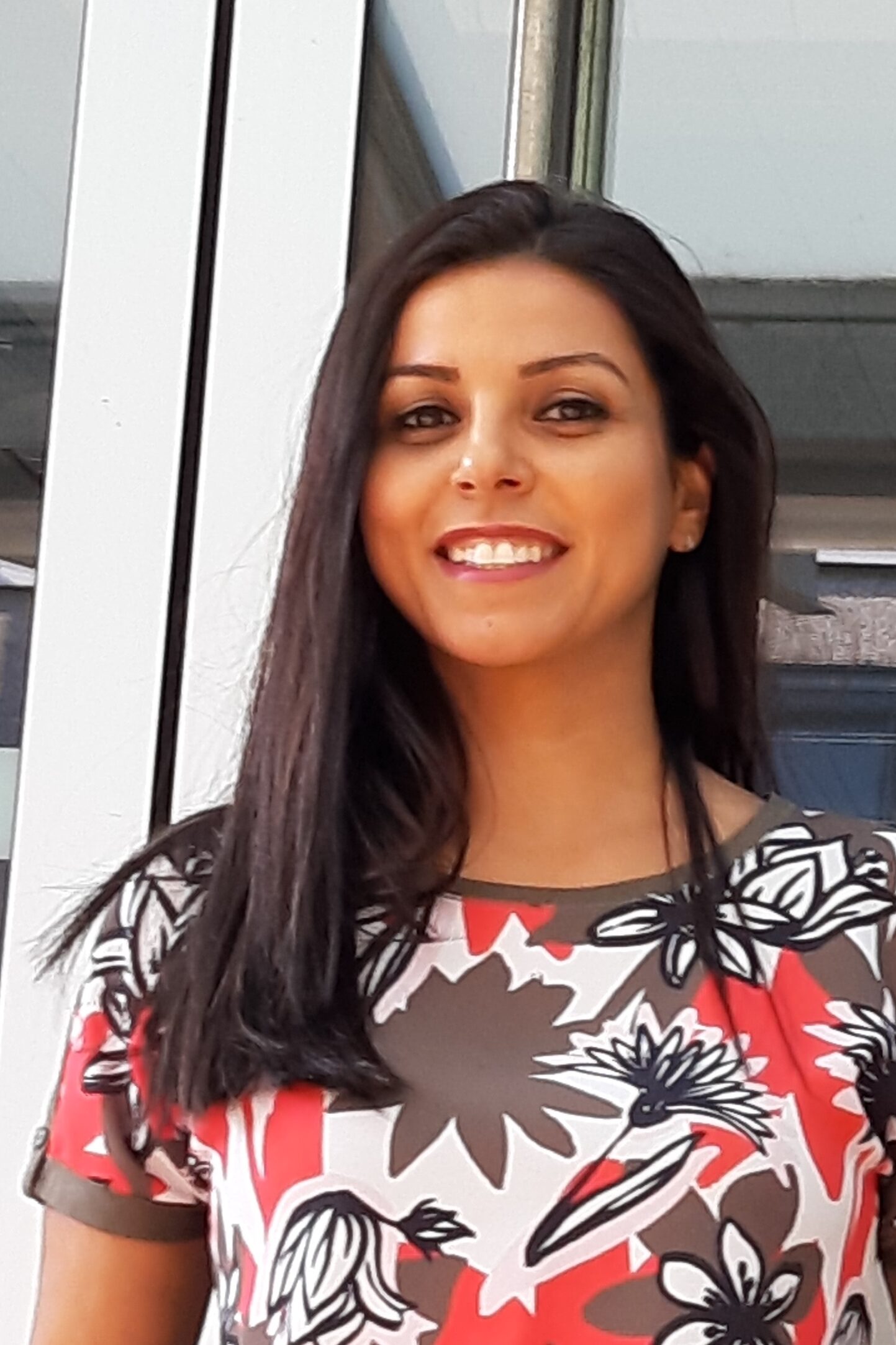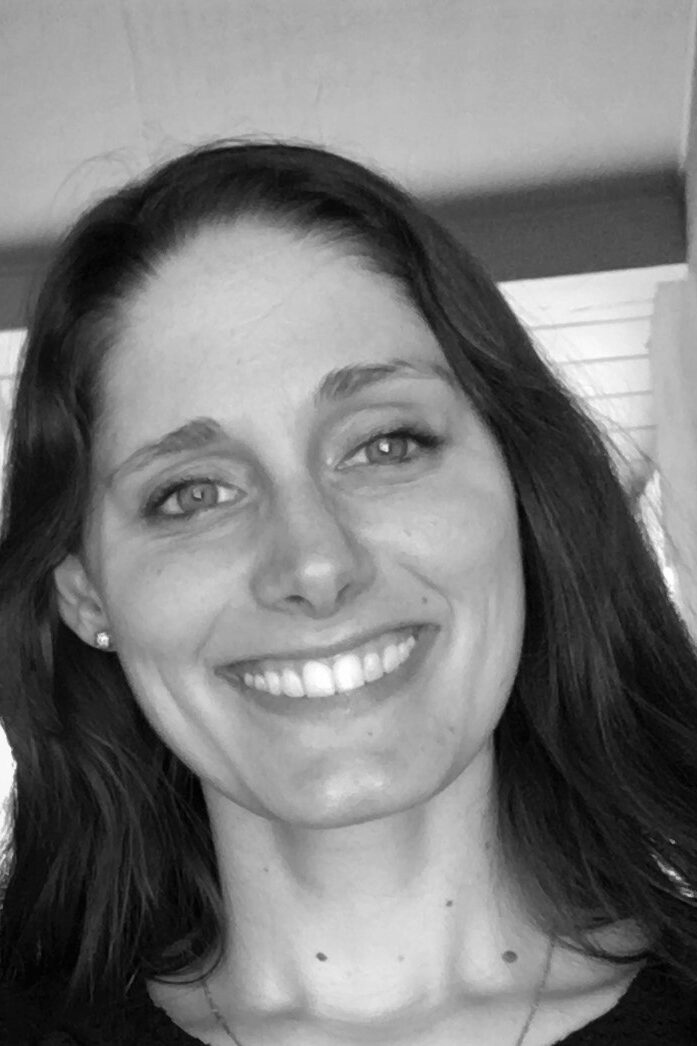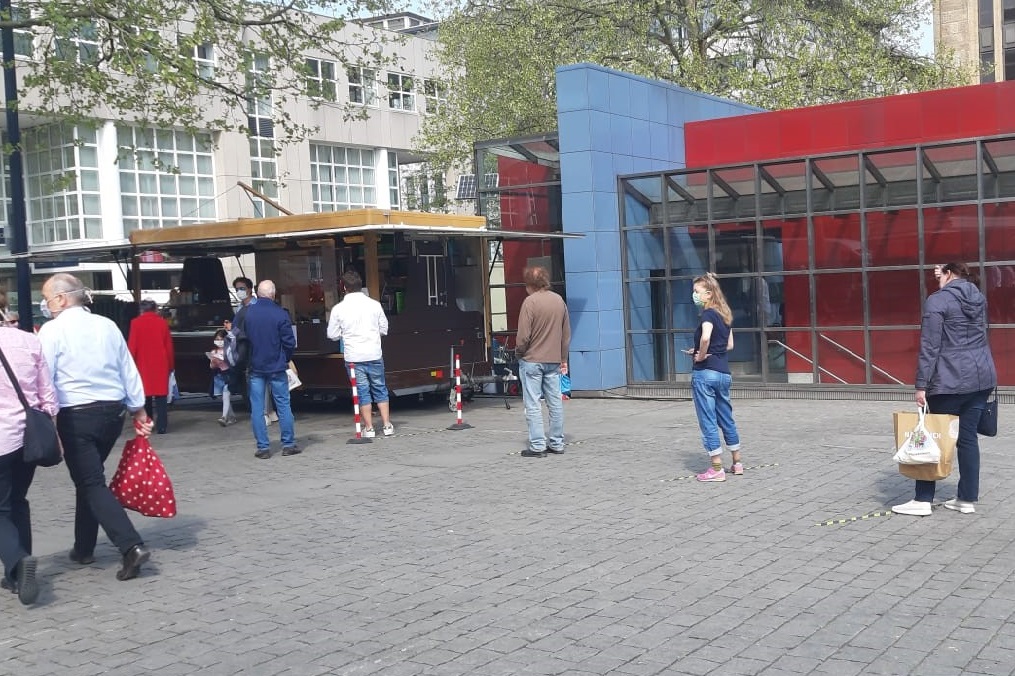This episode discusses the impact of COVID-19 on the behavior of people in public spaces in Dortmund (Germany), San Francisco (USA) and Isfahan (Iran). My guests, Teresa Sprague and Ghazal Farjami, and I (Mais Jafari) explain how people in these societies perceive and react to social distancing, mask wearing, and other measures in a variety of public space typologies such as city streets, parks, beaches, plazas and indoor spaces like shopping malls and restaurants and other social centers. Finally, we share our views from our own observation and scholarly background on what the new normality in these three cities will look like in the post COVID-19 world and what the major shifts in planning, especially at the design and use of urban spaces will be.
Host

Dr. Mais Jafari
Dr. Jafari is a research scientist and urban planner with international experience and academic research in the MENA region (Jordan, Iraq, Palestine, Syria, Oman and Iran), Germany (Dortmund) and the USA (San Francisco Bay Area). She is currently working at the TU Dortmund University (part time) as a Project Coordinator of a DAAD funded project about planning in Germany and Iran and the challenges of climate change between Department of Landscape Ecology and Landscape Planning and DHEI University (Iran). She also works part-time at the City of Dortmund, Department of Urban Renewal as a Project Coordinator of an EU Horizon 2020 Research project “productive Green Infrastructure for post-industrial urban regeneration- proGIreg”. Since early 2020 she has been a visiting lecturer at the RWTH Aachen and FH Dortmund. Her research and teaching experience center on urban design, transformation of public spaces, climate change and environmental planning, polycentric cities, and sustainable development of postindustrial cities.
Our guests:

Dr. Teresa (Tess) Sprague
Dr. Sprague is a scientist and planner with experience both in the US and internationally on water and environmental planning projects. She is a consultant with Brown and Caldwell and works with governmental agencies, and especially utilities at city and regional levels. Her projects focus on improving planning, long-term reliability, and building resilience in changing environments (e.g. drought and stormwater planning, climate change adaptation, groundwater sustainability planning, and stakeholder communication and outreach). Dr. Sprague is a Marie Skłodowska-Curie Fellow and completed her PhD at TU Dortmund through the EU Seventh Framework Programme. She has also continued as a guest lecturer at TU Dortmund, teaching graduate courses on research design and “Water Resilient Planning in California”. She recently published a book on Building Resilience and Planning for Extreme Water-Related Events with Palgrave & Macmillan Publishers (2019) and has published a contribution to the Springer Nature reference work on Climate Resilient Societies (2020).

Dr. Ghazal Farjami
Dr. Farjami is an Assistant Professor and Head of the Department of Interior Design at DHEI University in Isfahan, Iran. She is also involved in various international projects as a member of the Research and Technology Center. She received her PhD at the Eastern Mediterranean University, Northern Cyprus, and worked there as a research assistant (2009-2015). She also worked at HEP University Alanya, Turkey, as an Assistant Professor (2015-2016). Her involvement in research projects alongside her teaching experience has led to several publications on her field of study as Theory of Architecture, Tectonics and both contemporary and traditional Iranian architecture. She is currently working as a research group leader in a DAAD-funded project on the challenges of climate change between the TU Dortmund University and the DHEI University (Iran).

